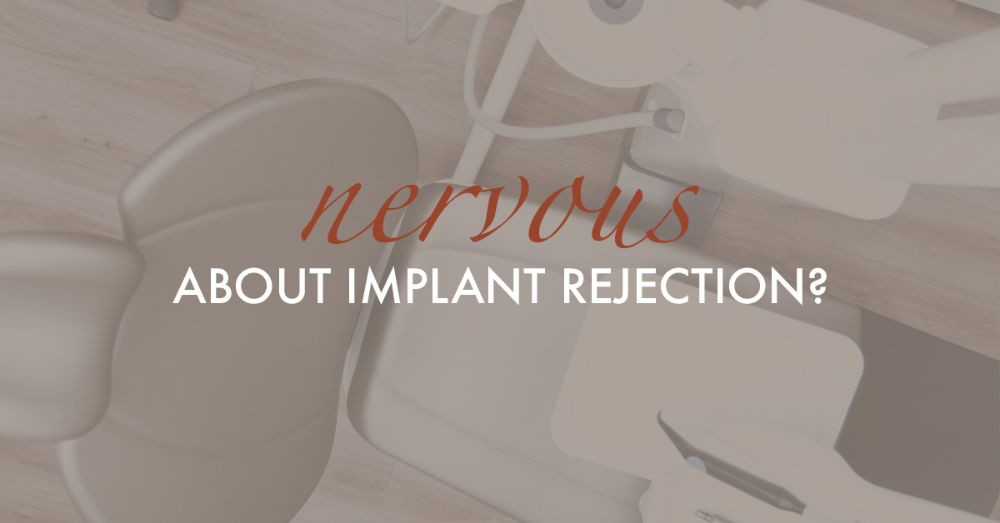Foreign Bodies in our Bodies
These days we are awfully careful about what we put into our bodies. With more awareness about ailments caused from foreign substances in the body, people are judicious when making choices that may affect them decades later. With options available for permanent implants, the possibility of a negative reaction must seriously be investigated by people considering the pursuit of permanent dental implants.
For decades, dental implants have been available. Originally with metal based posts that were embedded into the jaw bone and now there is the option for ceramic based posts. While metal alloy based implants are still available and still suitable in many situations, ceramic, also known as zirconia or zirconium-oxide, is becoming a fast leader in implant material. While ceramic options are not as well known, they do have several advantages to metal. The ceramic material has well over thirty years of track record proving it’s safety and durability.
Aesthetically:
Ceramic (zirconia/zirconium-oxide) will not discolor or stain over time and it is very resistant to plaque causing bacteria colonies. Ceramic will not leave a silver hue or shadow at the gum line or inside of the restored tooth. It does not pose the risk of corroding or leaching into your body, or nearby tissues, as sometimes can happen with some alloys leaving a metal tattoo in the surrounding gum tissue. Also, ceramic generally offers the most precise fit for a tooth restoration, allowing your dentist to perfectly customize your new tooth flawlessly into your smile.
Scientifically:
All-ceramic (zirconia or zirconium-oxide) implants are entirely bio-inert. Bio-inert means that the surrounding tissue will not have a negative reaction to its presence. No biological response means no reaction. No reaction translates to bone tissues continuing to grow, surrounding and embedding the new implant, and no biological reaction also means that soft tissues, like gums, won’t draw back or recede. All ceramic implants are also non-corrosive, non-metallic, non-magnetic, non-reactive. They do not conduct heat or cold and you will never become an antenna for your favorite radio station. Another little known fact is that the latest versions of zirconia or ceramic implant have as strong of a tensile strength as metal implant options, meaning that any risk of breaking or fracture is successfully mitigated by proper alignment and placement.
Medically:
All-ceramic (zirconia/zirconium-oxide) implants can last a life-time with proper placement and good hygiene. As ceramic implants tend to promote bone and gum tissue growth, they also thereby lend a helping hand to the health of other nearby teeth. Unlike other restoration options, a ceramic tooth will not harbor bacteria colonies, nor will gaps form under or around them that would trap decaying food particles.
There are many positive aspects and benefits from choosing a ceramic (zirconia or zirconium-oxide) implant. Most importantly with a more than a 98% success rate in implant longevity, choosing a skilled practitioner and highly qualified dental office tips the scale in the client’s favor.

